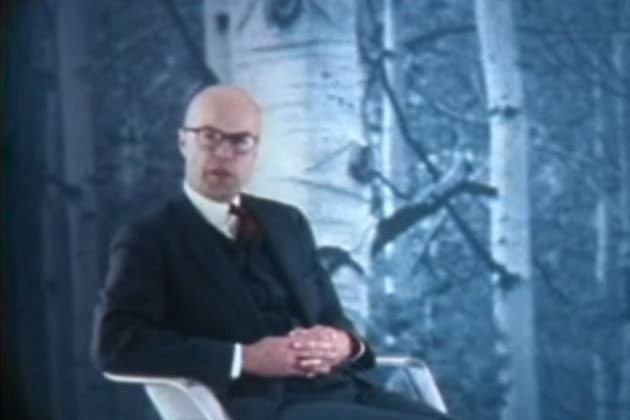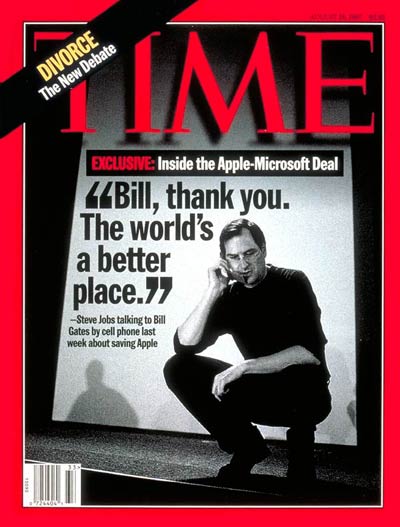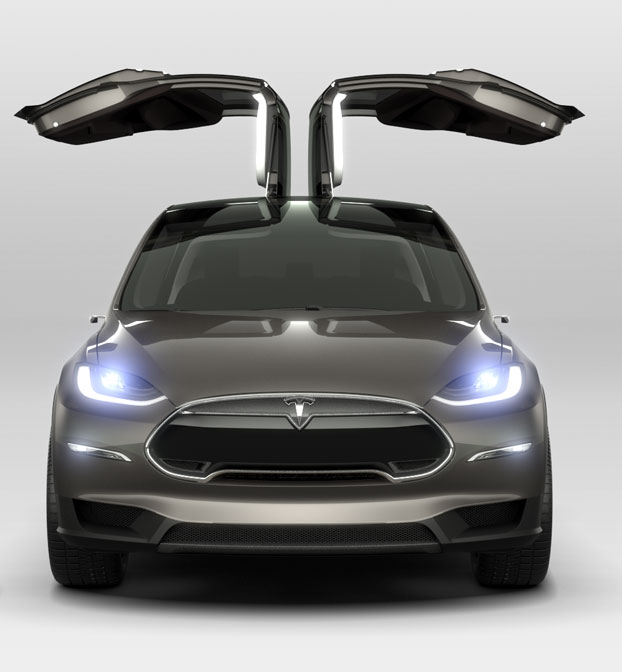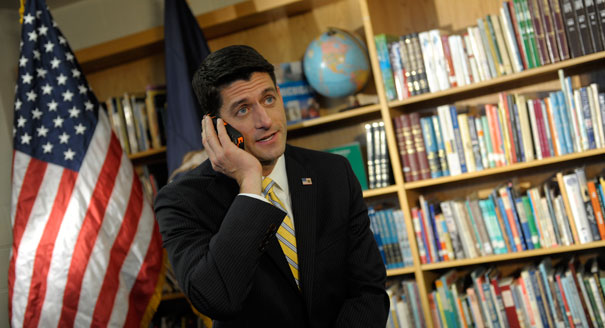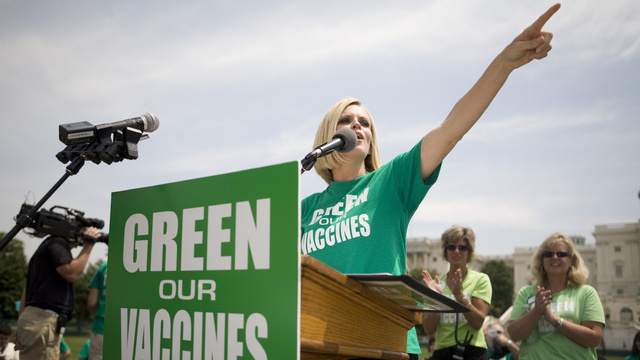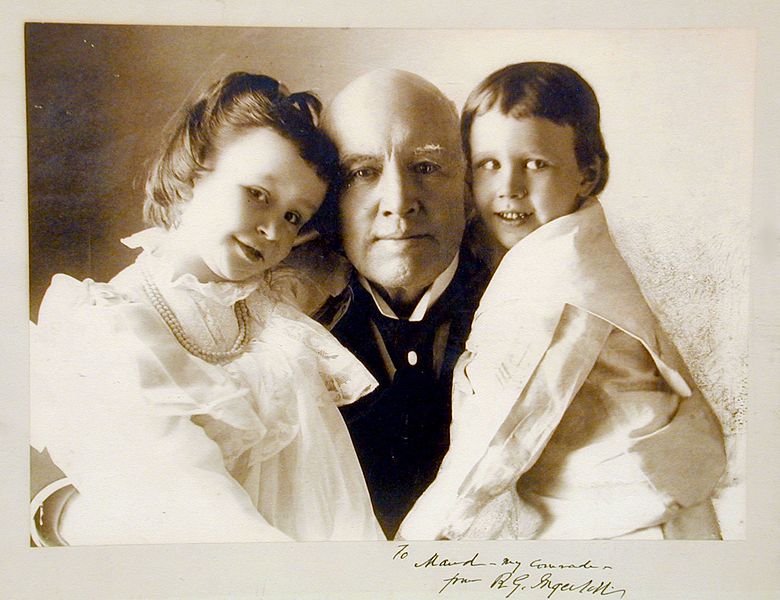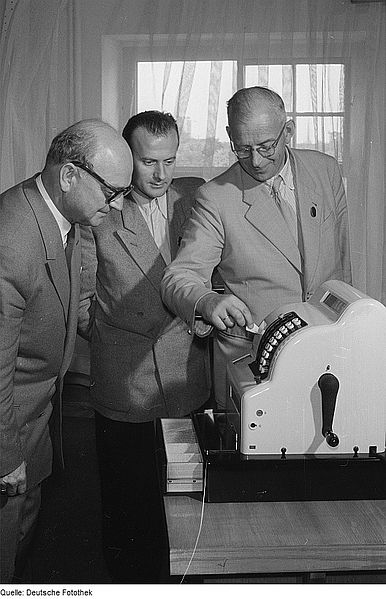From a Spiegel report by Marco Evers about Santander, a port city in Spain that has beaten the world largest metropolises in becoming a smart city, with sensors recording and reporting:
“Luis Muñoz, 48, is an IT professor at the University of Cantabria. He received nearly €9 million ($11.7 million) in research money, most of it from the EU, to develop a prototype smart city. Muñoz permanently installed 10,000 sensors around downtown Santander, throughout an area of 6 square kilometers (2.3 square miles). The sensors are hidden inside small gray boxes attached to street lamps, poles and building walls. Some are even buried beneath the asphalt of parking lots.
Day in and day out, these sensors measure more or less everything that can be measured: light, pressure, temperature, humidity, even the movements of cars and people.
Every couple of minutes, they transmit their data to Muñoz’s laboratory at the university, the central location that collects data streams from throughout the city. Every single bus transmits its position, mileage and speed, as well as data from its environment, such as ozone or nitric oxide pollution levels. Taxis and police cars do the same. Even the people of Santander can choose to become human sensors themselves. All it takes is to download a special app for GPS-enabled cell phones.
A central computer compiles the data into one big picture that is constantly being updated. Santander is a digital city, and everything here gets recorded. The system knows exactly where the traffic jams are and where the air is bad. Noise and ozone maps show what parts of the city are exceeding EU limits. Things can get particularly interesting when a major street is blocked because of an accident. Muñoz can observe in real time how that event affects traffic in the rest of the city.”






